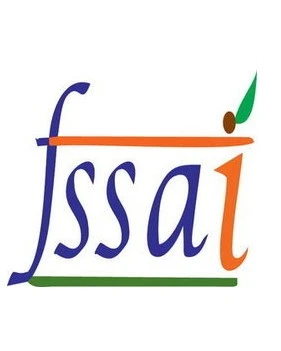Last Updated on April 28, 2024 by The Health Master
Baby Food
Baby Food: The South Chemists & Distributors Association (SCDA), a prominent Delhi-based organization representing chemists and pharmaceutical distributors, has filed a complaint with the Food Safety and Standards Authority of India (FSSAI) against Nestle India.
The complaint alleges that Nestle India is incorporating excessive amounts of added sugar into their baby food products, potentially jeopardizing the health of children.
International Study
The SCDA’s action comes in response to a recent study by the International Baby Food Action Network (IBFAN).
The IBFAN study suggests that Nestle baby food products sold in developing countries, including India, contain significantly higher levels of added sugar compared to those marketed in developed nations.
This alleged discrepancy has sparked concerns about potential double standards and the prioritization of profit over child health.
Health Risks
The SCDA emphasizes the dangers of added sugar consumption for infants under 24 months.
They highlight the potential for increased risk of type 2 diabetes, obesity, and even cancer later in life.
The organization argues that Nestle India’s actions directly contradict established health guidelines and violate the Food Safety and Standards Act of 2006.
This act mandates the FSSAI to ensure the safety and wholesomeness of food products available in India.
SCDA Demands Action from FSSAI
The SCDA urges the FSSAI to take decisive action against Nestle India under the relevant provisions of the Food Safety and Standards Act.
They argue that multinational corporations (MNCs) cannot disregard the health of Indian consumers in favor of maximizing profits.
The SCDA emphasizes the need to uphold public health standards and hold companies accountable for their practices.
Nestle India Responds to Allegations
In response to the mounting criticism, Nestle India issued a statement on April 18th, 2024.
They acknowledged their ongoing efforts to reduce added sugar content in their baby food products by up to 30% over the past five years.
The company maintains that their products comply with international CODEX standards (set by WHO and FAO) and local regulations regarding added sugar content.
Transparency and Consistency
While Nestle India highlights its commitment to sugar reduction, the controversy raises crucial questions about transparency and consistency in baby food formulations across different regions.
Public health experts and consumer advocacy groups are likely to continue demanding stricter regulations and clearer labeling practices to ensure the well-being of infants and young children.
Disclaimer: This article contains information derived from the source mentioned below. Our team utilized an AI language model to rewrite and present the news or article in a unique format.
DCC Approves Ban on Harmful Antibiotics in Food Products
Impact of Ban on Manufacturing of Food in Pharma Units: A Plea from SPIC
FSSAI: Food Labelling and Display – Chapter-4
FSSAI: Food Labelling and Display – Chapter-3
FSSAI: Food Labelling and Display – Chapter-2
FSSAI: Food Labelling and Display – Chapter-1
Good Hygienic Practices: A Comprehensive Guide to Ensuring Food Safety
The Rise of Specialization in Pharmacy Education: Dr B Suresh
Medical Device recall: USFDA classifies recall of this Scientific device as ‘most serious’
USFDA Inspection: Successfully Concluded at Piramal Pharma
Fresenius Kabi filed complaint against Natco Pharma
Tamil Nadu Cracks Down on Pharmaceutical Violations
USFDA Approval granted for this Breast Cancer Drug: Alembic
USFDA Inspection: At Granules India with Zero observations
Antibiotic Meropenem 1 mg + EDTA Injection has no CDSCO approval
Drug alert: 66 out of 931 samples declared as NSQ in March 2024
Important Update: Diploma in Pharmacy Exit Exam Announced for 2022-24 Batch











